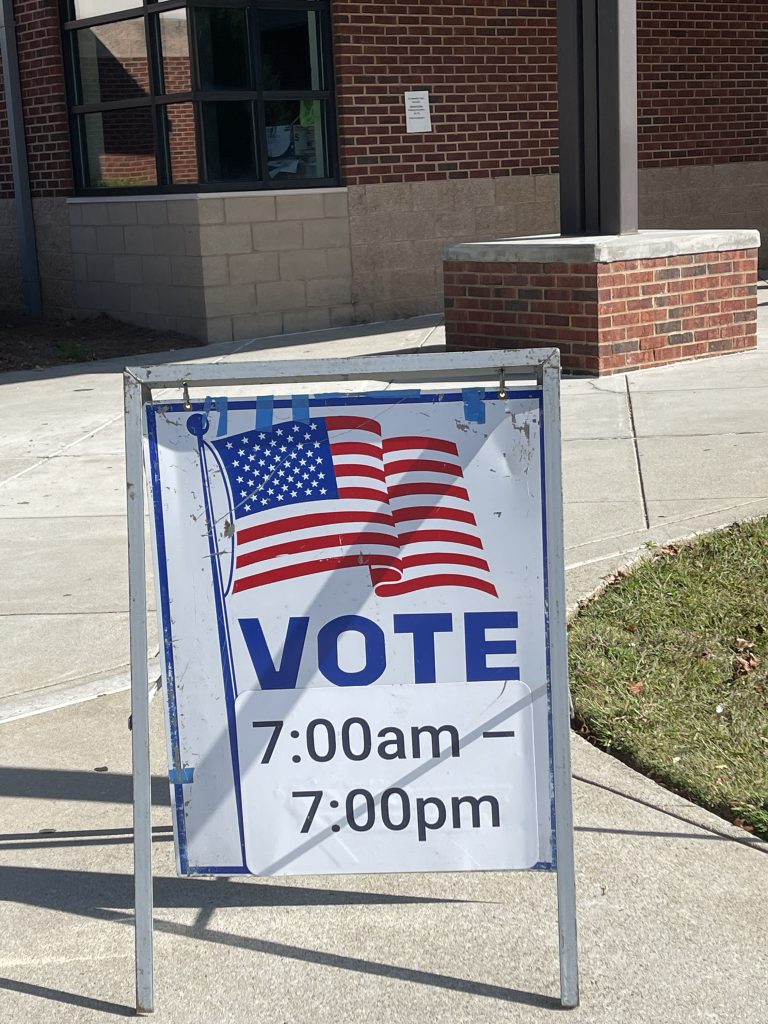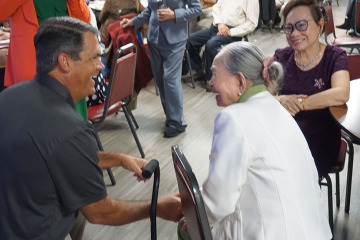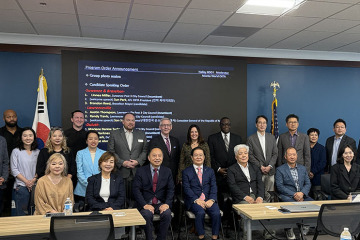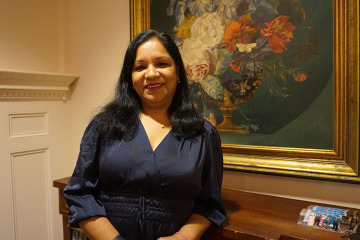By: Libby Hobbs
In 2020, Georgia shocked the nation. For the first time since the year 1992 in any Presidential election and 2000 in any Senatorial election, the state flipped blue. Some turned their attention towards the Georgia Asian community as the reason why.
However, considering the recent record turnout of young people (ages 18-29) in this year's midterm elections with the previous record AAPI turnout and the overturning of Roe v. Wade, Georgia Asian women in Generation Z might be a new demographic to watch.
Looking at the numbers
Gwinnett, Fulton and Dekalb counties are among those with the highest Asian populations in Georgia. While the exact number of 18-29 year-old AAPI female voters in Gwinnett County cannot be proven, the Georgia Secretary of State Data Hub allows us to estimate.
Taking a closer look at Gwinnett County, about 10.5% of active voters are Asian and Pacific Islander, about 52.9% are women and about 22.9% are young voters aged 18-29 years-old. That means about 1.3% of active voters in Gwinnett County are young, Asian women.
Comparatively, about 21,375 or .3% of Georgia active voters are 18-29 year-old, Asian women.
Young AAPI women’s perspective
Hannah Oh is a Korean American junior studying political science at the University of Georgia. She is also the Executive Director of Asian Pacific Islander Desi American Political Alliance (APIDAPA). According to her, this alliance is a non-profit civic engagement organization for APIDA students on campus.
This semester, they focused on education and empowerment. In addition to a 2022 midterm voter guide, the organization hosted speakers and discussions. AAlia Garrett, an Indian American senior International Affairs student at UGA, is a member of APIDAPA.
“I love going to meetings and interacting with like-minded students that have similar, yet uniquely different, backgrounds at the university. Attending guest speaker events has been an especially great insight into how AAPI individuals can really make an impact in our communities,” Garrett said.
Through conversations with fellow young, Asian women who planned to vote in the midterm elections, Oh and Garrett confirmed that Roe v. Wade was an important topic to this voting block.
“Regarding women, I believe I cannot ignore the overruling of Roe v. Wade during the summer and a lot of women were impacted by that issue … I had a couple girls come up and tell me that the Dobbs case really helped kind of push them to voice their concerns and make a vote,” Oh said.
Garrett said she also knew many women in her community who came out to vote because this year’s midterm election was “pivotal” when it came to women’s rights.
“Many female immigrants that I know personally take great pride in the freedoms that this country has granted them. But, now they fear that those freedoms will soon be taken away. It’s a really scary possibility but one that can be addressed through voting and activism,” Garrett said.
Oh considered the rise of APIDA women represented in politics as a reason why young, Asian women are beginning to recognize their power as a voting block. Tragedies like the 2021 Atlanta Spa Shootings and Vincent Chin’s death in 1982 are moments Oh said transformed into a greater movement of Asian representation in politics.
Not only does she foresee more young, APIDA women voting but with their encouragement and language translation, she hopes parents and older generations will also go out and vote.
“We are beginning to realize our voice needs to be heard in politics,” Oh said.
Elections data
A record 27% of young people (ages 18-29) voted in the 2022 midterm election, according to day-after estimates from the Center for Information & Research on Civic Learning and Engagement (CIRCLE) at Tufts University.
Additionally, 58.95% of Gwinnett County voted for Warnock and 38.59% voted for Walker, according to the Secretary of State Election Night Reporting.
Despite the exact number of Georgia Asian women aged 18-29 who vote being unproven, this demographic is rallying, educating and empowering themselves. With about half of Generation Z left to turn of age to vote, many eyes are already beginning to shift their focus.









